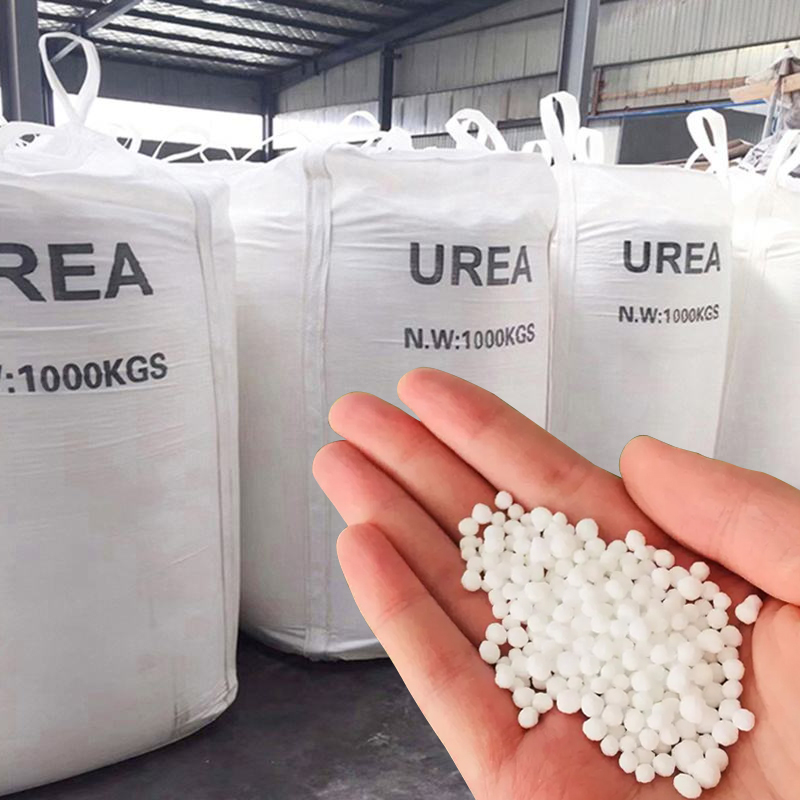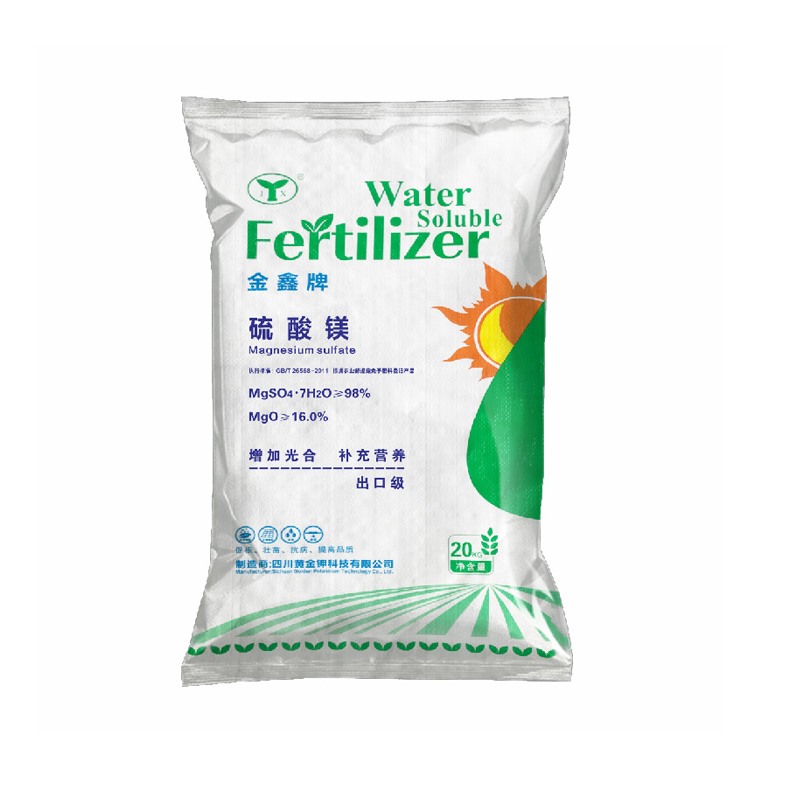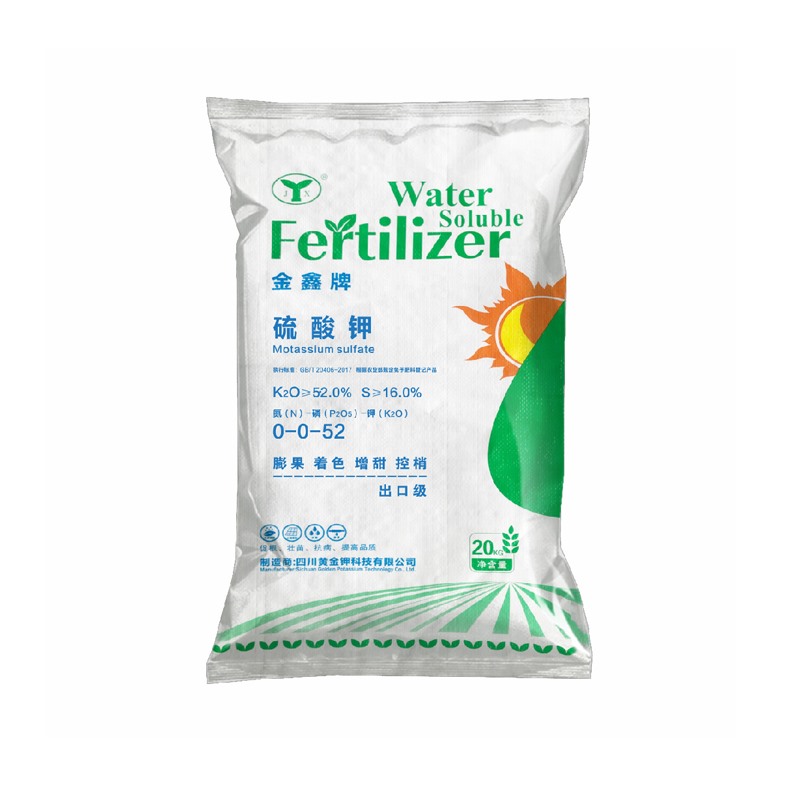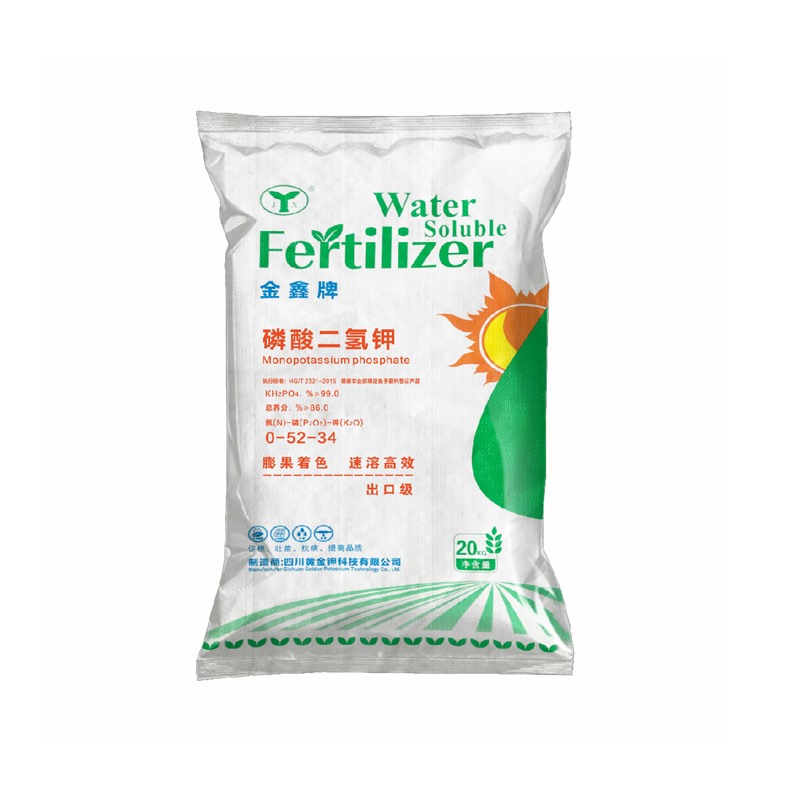What should we pay attention to when using fertilizers
What should we pay attention to when using fertilizers?
First of all, urea should not be watered immediately after use. Farmers and friends know that urea can only be absorbed and utilized by crops after it is decomposed into ammonium carbonate.But what?Ammonium carbonate is very unstable and can easily be decomposed into ammonia and evaporated. It should not be applied to the surface of the soil.Urea cannot be adsorbed in the soil before it is converted into ammonium carbonate. If it rains heavily or is watered too much after urea is applied, it will dissolve into the water, so that it will sink into the soil at a depth of 20 cm as the water is lost, or as the water is lost, it is not easy to be absorbed by the roots of crops.

Secondly, it is best not to apply ammonium carbonate in greenhouses and greenhouses, because ammonium carbonate is relatively stable when it is below 20℃. When the temperature is higher than 20 degrees or the moisture in the product exceeds a certain standard, it is easy to decompose into ammonia and carbon dioxide gas and evaporate into the air, reducing fertilizer efficiency; ammonium nitrogen cannot be mixed with alkaline fertilizers, which will make ammonium nitrogen play faster and reduce the utilization rate; nitrate nitrogen cannot be used in rice fields, because nitrate nitrogen is easy to sink below the root layer, so under the conditions of irrigation or rainfall in farmland, it is easy to be leached deep into the soil. , Reduce the utilization rate and cause losses; ammonium sulfate cannot be applied for a long time. We all know that ammonium sulfate is an acidic fertilizer. If we use it for a long time, it will increase the acidity of the soil, which will destroy the agglomeration structure of the soil and cause soil compaction.
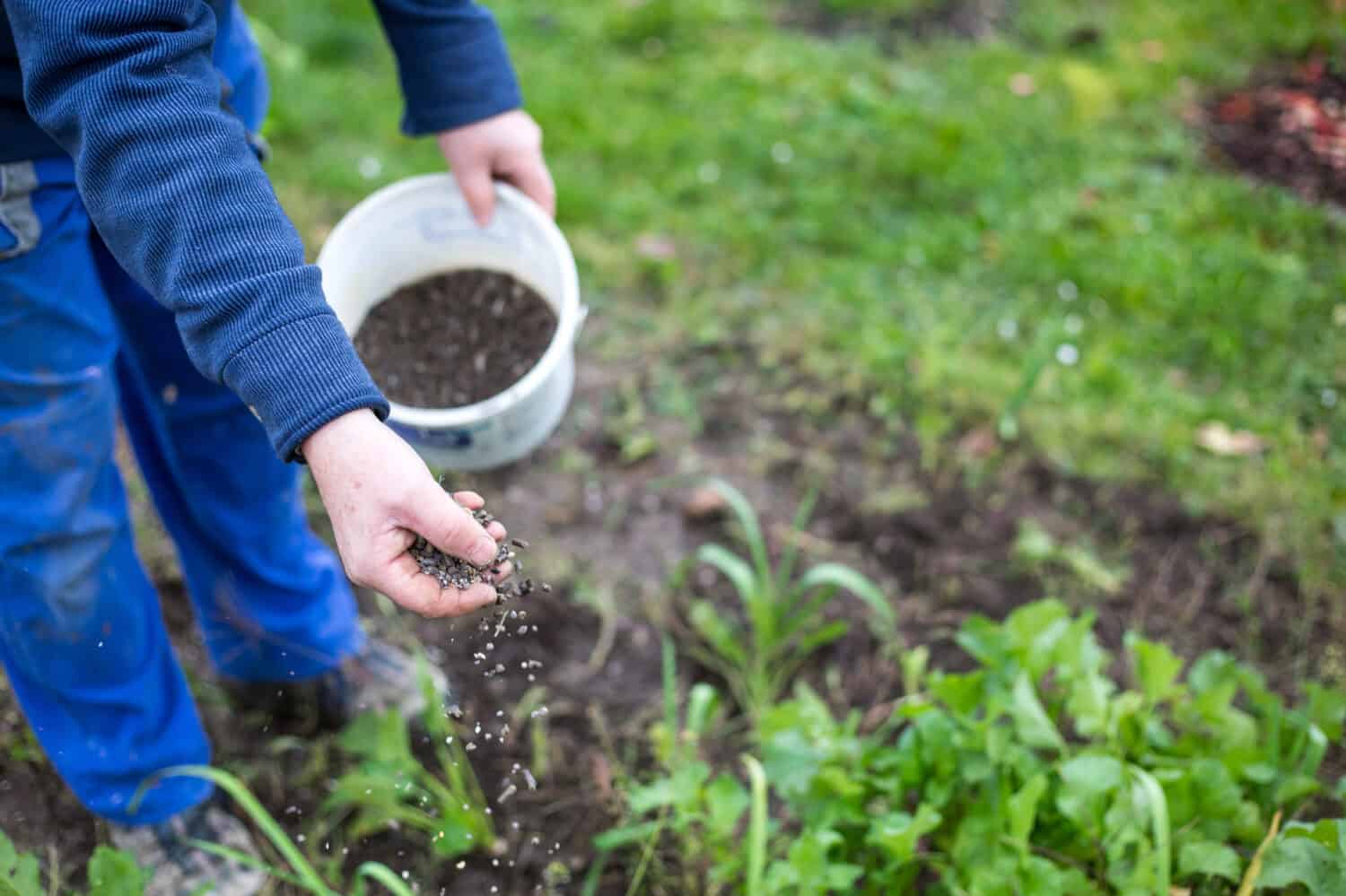
Further, it is best not to apply phosphorus fertilizer in a dispersed manner. Farmers and friends know that the mobility of phosphorus is relatively small, which is easily absorbed and fixed by the soil, reduces fertilizer efficiency, and causes land compaction due to long-term use; potash fertilizer is best not to be applied in the late stage of the crop. The characteristics of transporting nutrients from the roots to the stems and leaves to the top of the delicate parts for reuse, even if there is a lack of potassium in the early stage, it cannot be found, so it should be used in advance; chlorine-containing fertilizers are best not to be used for a long time, because chloride ions can cause the soil nutrient structure to be destroyed and the soil leads to acidification. Planting vegetables, fruits, tobacco and other chlorine-based crops, do not use chlorine-based fertilizers; nitrogen-containing Fertilizers cannot be used in large quantities on legume crops, because the rhizomycetes of legume crops have the ability to fix nitrogen. If nitrogen-containing fertilizers are applied in large quantities, it will cause waste of fertilizer, inhibit the activities of rhizomycetes, and reduce the nitrogen fixation capacity of crops.
